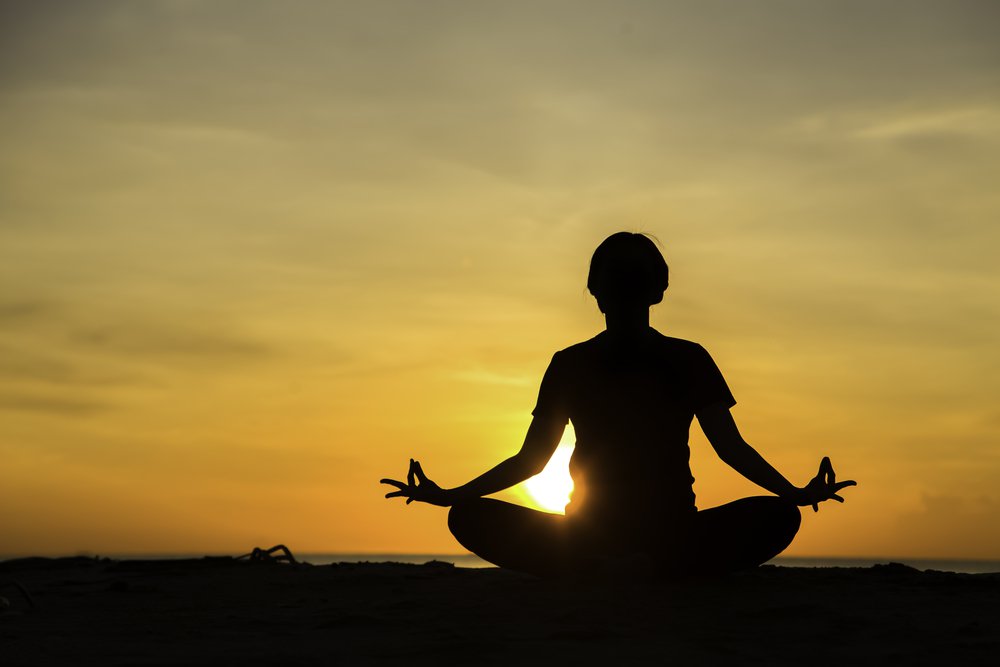Non-verbal language plays an important role in communication. In fact, thanks to the gestures and poses with whom you’re speaking, you can capture their moods, judgments, and intentions, even if only on an unconscious level. However, the information you receive through this means can go beyond the moment in question and show you what they’re actually like. As a matter of fact, if you want to know what your own posture says about your own attitude, keep reading.
It’s undeniable that your body reflects your mental states in a fairly faithful way. In fact, many therapists rely on body language to understand and work on their clients’ discomfort.
Nevertheless, you don’t usually pay attention to this aspect of your behavior. However, you should bear in mind that your posture is so characteristic that your relatives can recognize you from a distance just by looking at it. So, do you know what you’re projecting with your body language?
Your emotions are anchored in your body
It’s easy to see how non-verbal language changes based on our emotions. For example, when you’re happy, you’re open and relaxed. On the other hand, you contract and withdraw in the face of fear or sadness.
Just as these temporary states are reflected in your body, when you get used to inhabiting certain types of emotions, they shape your posture. For instance, a shy person and an extrovert can be distinguished at first glance, just as a rigid individual can be distinguished from a flexible one or a confident individual from a fearful one.
Without really knowing why, you can usually pick up these nuances in your interactions with others. So what really gives you the necessary clues?
What your posture says about your attitude
The following are some postural elements that give us clues about someone’s attitude:
Expansion or contraction
This is one of the most visible and striking aspects. Does the person seem open to the world or withdrawn into their own being? Those who have good self-esteem, trust both themselves and others, and have a cheerful and optimistic attitude adopt expansive postures. They seem to want to take over more space with their body and welcome others into their own space.
In fact. those who ‘puff their chest out’ do so both literally and figuratively. On the contrary, insecure, fearful, and distrustful people tend to contract, as in an act of protection against an outside that they consider to be hostile.
Tension or relaxation
Muscle tension also tells you how flexible a person is on a psychological level. Those who adopt excessively rigid and firm postures are probably critical and demanding both with themselves and others. They may find it difficult to open up emotionally and tend to wear a mask in front of others.
A relaxed and informal posture indicates a flexible and adaptable person, with a good ability to manage stress and who usually shows themselves as they are.
However, an excessive lack of muscle tone can be an indication of an inner feeling of weakness. People who’ve suffered abandonment in the past usually present this body typology. It demonstrates a need to lean on others and a feeling of not being able to stand on their own two feet.
Direction of gaze
You’ve probably heard that the eyes are the window to your soul. Although this can’t be proved, they’re certainly a window to your emotions.
For example, if you see someone permanently looking at the ground, you can infer that they’re shy and insecure. If their gaze is evasive, it may indicate a certain fear of vulnerability and emotional connection, and, if it’s fixed and defiant, it shows a controlling, suspicious, and self-confident attitude.

Position of the shoulders
Do you know a person whose typical posture involves slumped shoulders and bowed head and who often suffers from back pain? They’re probably sensitive with low confidence and fear of being hurt.
On the contrary, those who keep their back straight and even throw their shoulders back show a brave and often defiant attitude. They may also tend to be defensive and don’t evade conflict.
Work with your posture to educate your attitude
As we mentioned earlier, your body reflects your attitude but it’s also a bidirectional relationship. This means that the posture you adopt also influences the emotions you feel. For instance, have you ever heard that forcing yourself to smile can help you feel happier? In the same way, deliberately modifying your position can favor a change in your attitude.
If you want to feel more confident, start by straightening your back and standing tall. If you’d like to be more sociable, practice eye contact and opt for an open body posture. Or, if you find yourself too rigid and demanding, try adopting relaxed postures. If you want to maintain these changes over time, you must be consistent.
In addition, you must accompany this initiative with work on a psychological level that guides you toward your goals. Becoming aware of your body and using it as a tool in your favor is a helpful first step to take.
The post What Does Your Posture Say About You? appeared first on Exploring your mind.



















Comments